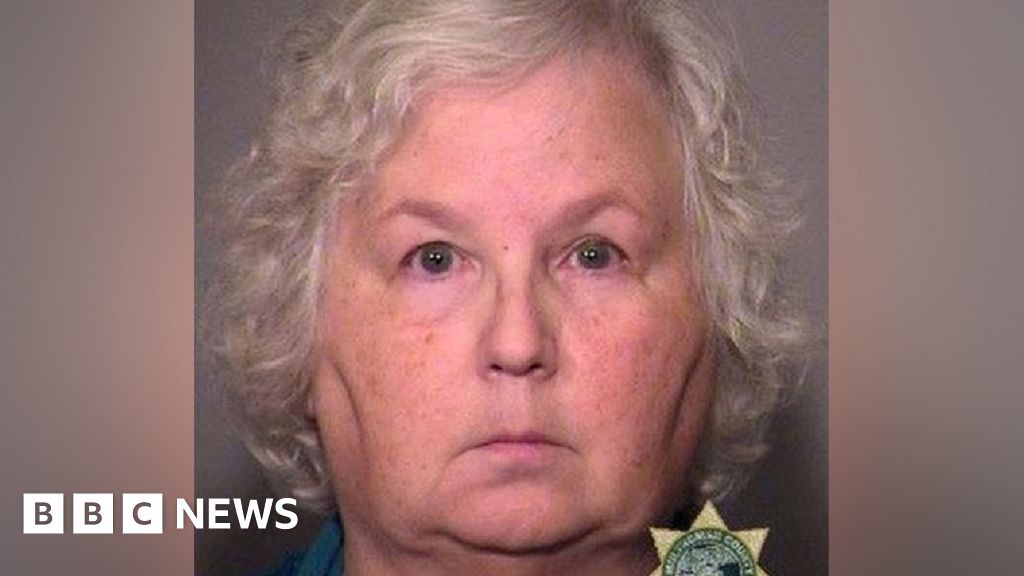When tragedy strikes and plucks a beloved family member from the vibrant tapestry of life, the aftermath can elicit a tempest of emotions: grief, anger, and an insatiable thirst for justice. Sometimes, amidst the cacophony of sorrow, the question looms large: can you sue someone for murdering your family member? This intricate legal conundrum revolves around the distinction between criminal and civil law, each entwined yet separate, much like the threads of fate woven by a master artisan.
To navigate this complex legal labyrinth, one must first grasp the fundamental differences between criminal offenses and civil torts. Murder, by its very nature, is a grave criminal offense, wherein the state prosecutes the perpetrator. The state, often represented by a prosecutor, bears the burdensome weight of proving the alleged murderer’s guilt “beyond a reasonable doubt.” This stringent standard, reminiscent of a delicate tightrope act, reflects society’s profound interest in punishing heinous acts against its members.
However, the scales of justice tip in a different direction in civil courts. Here, the family of the murdered victim can pursue a wrongful death lawsuit against the accused or their estate. In this realm, the burden of proof softens, requiring only a preponderance of the evidence—the legal equivalent of tipping the scales slightly in favor of the plaintiff. This standard resembles a feather added to one side, subtly shifting the balance toward accountability.
But what precisely constitutes a wrongful death? In legal terms, it refers to a fatality caused by the negligent or intentional actions of another individual. It is crucial to understand that even if the murderer is acquitted in criminal proceedings—perhaps due to insufficient evidence—surviving family members may still find solace through civil litigation.
Imagine the courtroom as a stage where grief takes center spotlight, and the bereaved family members wield the power to hold the perpetrator accountable, seeking not just financial recompense but a form of validation. Wrongful death claims endeavor to provide solace amidst the ravaging storm of loss. They serve as a mechanism through which families can address their anguish and demand a reckoning for the unbearable pain inflicted upon them.
The sources of damages in wrongful death suits are numerous and varied. These might include medical expenses incurred prior to death, funeral costs, lost wages that the deceased would have contributed to the household, and, most significantly, the emotional suffering experienced by the survivors. Compensation for “loss of companionship” and “loss of consortium” can sometimes feel as though a mere monetary figure fails to capture the depth of one’s anguish—a cruel irony, indeed.
As families venture upon this legal quest, it’s essential to consider the timing of filing a wrongful death suit. Each state imposes a statute of limitations, a legal timeframe within which one must initiate their claim. This window can range from one to several years, but the relentless tick of the clock often serves as an unyielding reminder of the urgency felt by the bereaved.
However, motioning forward legally can feel like navigating turbulent waters without a compass. The emotional toll of grief may cloud judgment and decision-making, leaving families uncertain about their next steps. Engaging an attorney with expertise in wrongful death cases becomes paramount, as they can guide bereaved families through the convolutions of the legal system. Their experience is akin to a lighthouse that cuts through the fog, illuminating the path ahead.
It is also worth mentioning the impact of the suspect’s criminal behavior on subsequent civil proceedings. If the murderer is convicted in a criminal court, that conviction can serve as compelling evidence in the civil suit. However, the reverse is not true; a civil case’s outcome does not influence criminal applicability. This duality can feel disjointed, leaving families grappling with a perplexing system, yet it underscores the multifaceted nature of justice.
Throughout this arduous journey, survivors may grapple with the ethical implications of their pursuit. Some may question whether seeking damages commodifies the profound sorrow they feel—does financial compensation ever suffice for a life lost? Such moral complexity is intricately linked to human emotions. The resolution seems never to remove the anguish but offers a form of recognition of the irreversible loss.
Moreover, it is pivotal to understand that the legal confrontation may not only involve the perpetrator but could also entangle other parties deemed responsible. For instance, if the murder transpired due to negligence from a third party, a lawsuit could extend beyond the direct murderer, making the reach of accountability potentially wider. This concept of shared culpability can act like ripples on a pond, where one thrown stone reverberates across the surface, touching many.
In conclusion, the pursuit of justice following the murder of a family member takes participants down an unforeseen path, filled with painful reminders, ethical dilemmas, and legal complexities. The possibility of a civil lawsuit offers survivors a semblance of control over a world turned upside down, reflecting not merely a demand for compensation but an intrinsic human desire for closure and recognition of their loved one’s life. The act of suing may serve as an avenue to reclaim wounded dignity, allowing families to stitch together the fragmented pieces of their existence as they forge ahead into a future tinged with both remembrance and resolve. After all, the journey of healing is a marathon, not a sprint, and in the legal pursuit of justice, each step taken, however small, is one toward reclaiming agency amidst profound loss.
